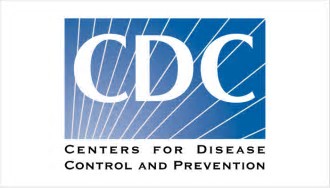Effective sterilization is essential to protecting patients and staff in the dental setting. Biological monitoring,…
Disposing of Pharmaceutical Waste – Dental Regulations
Pharmaceutical waste in a dental office is regulated as medical waste, and includes expired or partially-used over-the-counter medications, patient prescriptions, and emergency drugs. Since California is the strictest state in terms of medical waste disposal, California’s requirements are provided below. The specific requirements will vary for different states.
In a dental office, pharmaceutical waste must be segregated and collected for disposal in a leak-proof, closeable container with tight-fitting lid. The container must be labeled with “Pharmaceutical waste – incineration only” on the sides and lid. Pharmaceutical waste may be stored onsite for 90 days from when the container is filled and ready for disposal. The waste must be picked up and hauled off for incineration by a medical waste hauler registered with the California Department of Public Health (CDPH).
Before resorting to regulated medical waste disposal, we recommend trying other options first.
- Check with the manufacturer/supplier of the waste to find out if they will take back the expired or partially-used medicines.
- Check with your local county to find out if they have a household hazardous waste program. While mostly for households, local counties often allow small businesses to dispose of a limited amount of hazardous and medical waste at these locations. Be sure to let them know what kind of waste you have.
- Check with your local pharmacist to find out if they would be able to help with disposing of pharmaceutical waste.
For our OSHA Review Subscribers: Refer to the January/February 2013 issue of OSHA Review for more information about medical waste management.
Since 1992, OSHA Review, Inc. has provided dental professionals with comprehensive programs to support regulatory compliance and infection control. We are a registered dental continuing education provider in the state of California, specializing in Dental Practice Act, infection control, and OSHA training.



